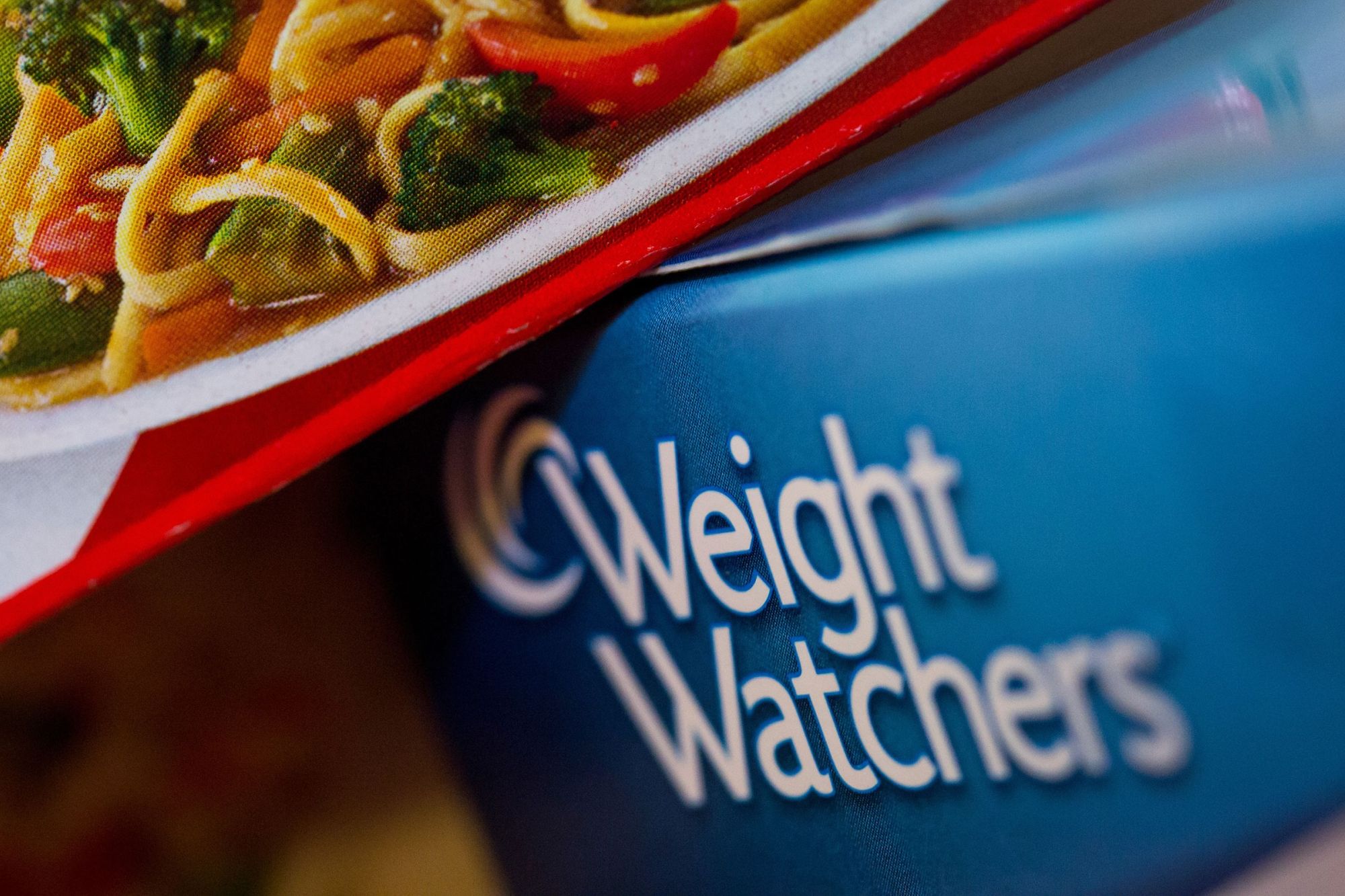Why Weight Watchers' Name Change Will Fail, But Dunkin's Won't
Weight Watchers is repeating a classic psychological blunder.

表达的观点之间preneur contributors are their own.
Weight Watchers recently announced that it plans tochange the name of the companyto "WW." The reasoning was that it wants to offer more diverse services, such as wellness support, instead of simply weight loss. The name change was launched with widespread PR and a multifacetedmarketingcampaign. It is the 2018 version of a classic psychological blunder, changing a company name, a blunder seemingly made annually by otherwise successful companies.
While most people are aware of high-profile company name changes, they rarely follow to see how it affected the performance. If they did, they would find that name changes are typically detrimental.
Yet, the move to rename a company is not that uncommon. With little effort, it's easy to come up with many examples of companies undergoing similar name overhauls. Last year, Verizon bought Yahoo and developed the name "Oath." Tribune Publishing changed its name to "Tronc, Inc." (although it's since changed back). Gannett changed the name of its digital media unit toTEGNA. Mattress King, a regional bedding retailer, morphed into "Sleep Outfitters." With these examples and others, it is also easy to find ample evidence of the detrimental business effects brought on because of a name change.
I'm certain that name changes are made with the best of intentions. The professed rationale always sounds strategic -- "to reflect the services that we offer" or "to better describe what we do." To an executive team, this likely sounds like a great rationale for re-imaging.
Related:How to Name (or in Some Cases, Rename) Your Company
It's all about psychology.
However, this move illustrates a poor understanding of how the brain and memory function and, certainly, the implications it has on marketing efforts. Our minds are wired so that changing things in our long-term memory isn't easy. In fact, learning new information at all is resource intensive for our brains.Altering abrandname, or any well-established memory, is more challenging, even when we want to change it.Once we think we know something, our brain will stop questioning that knowledge and becomes resistant to change it. Think about the last time a friend in the office got married and changed her last name -- how long did it take for you to easily recall and use her new name? For most of us, it takes averylong time, even when we are working at it.
But, for a brand name, we lack the same social motivation to learn a new name. Contrarily, when asked to learn a new name for a brand, consumers often develop feelings of resentment, often refusing to alter their vocabulary to accommodate it at all.
The takeaway is thatwe don't like changing long-term memory. To initiate a change to long-term memory requires tremendous marketing resources and budget. We must achieve the significant repetition needed to make a dent. Reprogramming our memories takes significant transition time, which virtually eliminates the opportunity to get across any additional information, such as branding or retail information. Thus, precious marketing dollars are devoted to changing the company's name and resources for growth and sales are sacrificed.
Related:Top 10 Reasons to Rebrand Your Business (Infographic)
We don't think literally.
Compounding what is typically a poor move is the fact that the decision is often based on a poor understanding of what a company name means to a consumer. Consumers don't store the name literally (declarative memory). Once we store the name of a brand, we don't think about what the name means in a "general knowledge" context. Instead, we store it semantically with the brand's meaning.
For instance, when you think aboutGoogle, you don't think, "What does that have to do with a number containing a million zeros?" Instead, most people simply think, "great search engine." We store the brand identity, not the literal name. Thus, changing the name of a company to better describe what they do doesn't really help you accomplish much in affecting consumer behavior.
It's much easier to simply expandwhatyour name means (your brand) rather than to change the name. Coca-Cola didn't have to change the name of the company to make people forget that it used to contain actual cocaine, which it did until 1929. Instead, it simply began evolving the meaning of the brand. Now, no one remembers or cares what it originally meant.
Related:Why You Should Launch a Brand, Not a Product
As with all principles, there are notable exceptions. Last month,Dunkin' Donutsannounced that it is从它的名字“甜甜圈”这个词并将简称为Dunkin '。它的基本原理was similar, but the change was completely different. Dunkin had been using only the word "Dunkin'" in its ads for years with the slogan "American runs on Dunkin." As a result, most of people's memory for the brand had already made this change. Dropping the word "Donuts" should have very little effect on its business.
In other cases, a brand is so toxic that it necessitates a name change. Phillip Morris created a spinoff of its cigarette business "Altria" so as not to hurt its ownership in Kraft Foods. Additionally, when the Trump Hotelsdropped the "Trump" name in its hotel expansion, perhaps distance from political backlash was the goal. A new moniker would certainly help potential consumers dissociate from any political baggage.
Changing the name of a company is a major decision, and the pitfalls usually outweigh the risks, often dramatically. The good news is that a name change is typically not a fatal error for a company. Smart, psychology-driven marketing can help overcome these obstacles. It will still be a painful and expensive transition, but it can be managed successfully with smart marketing. But, like all mistakes, it is best to avoid it in the first place.












